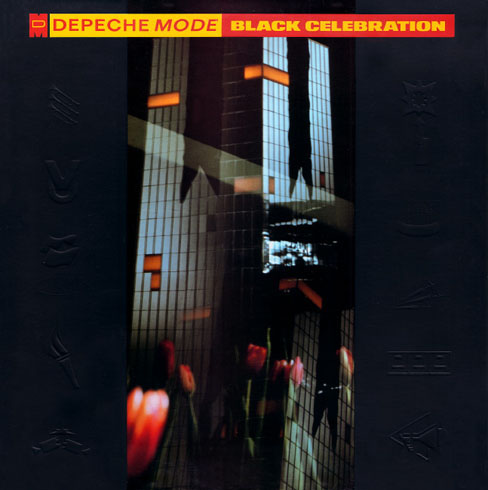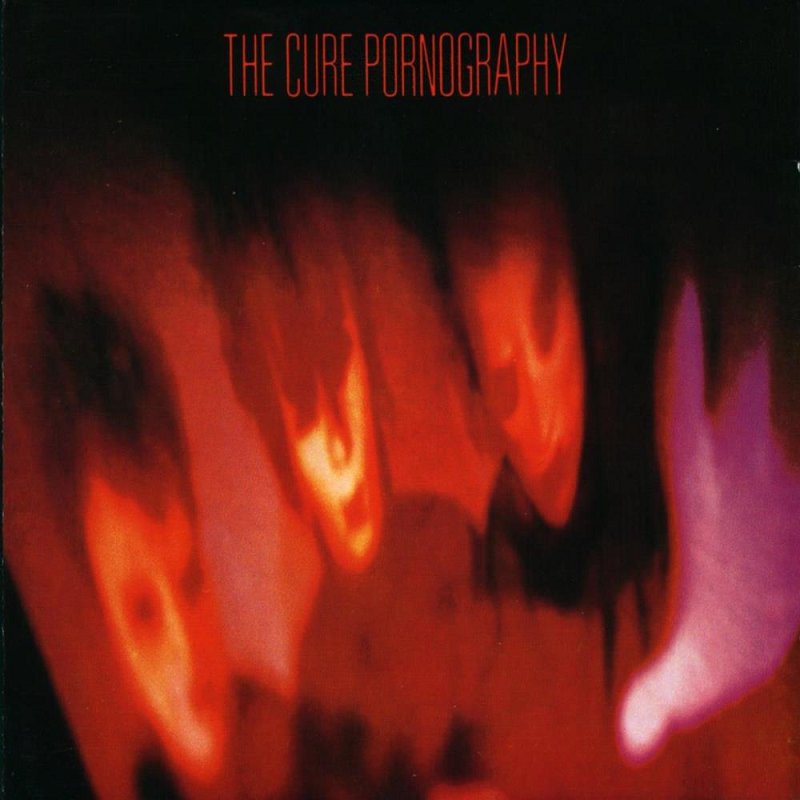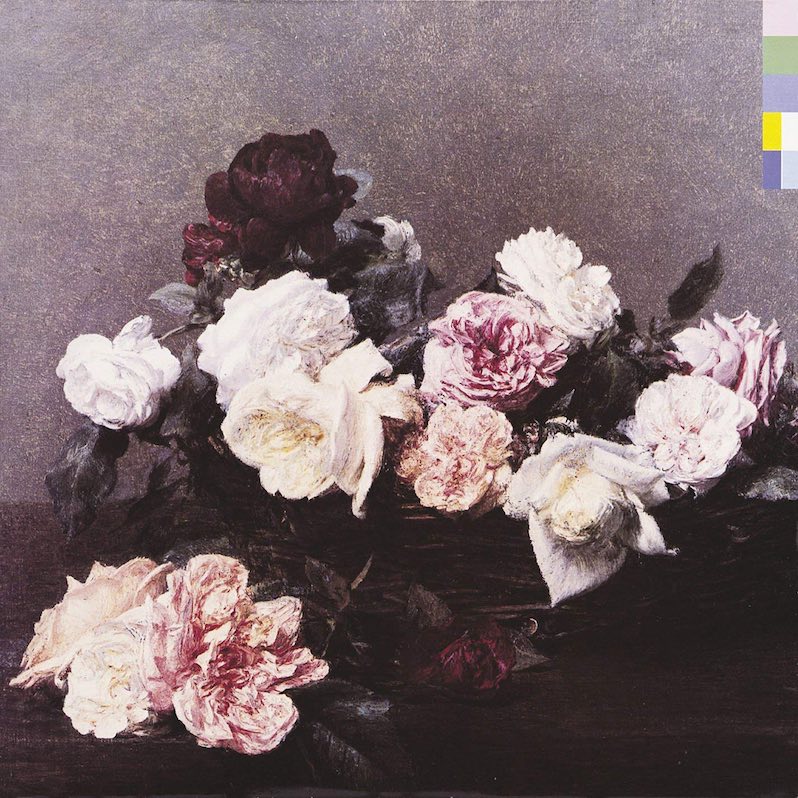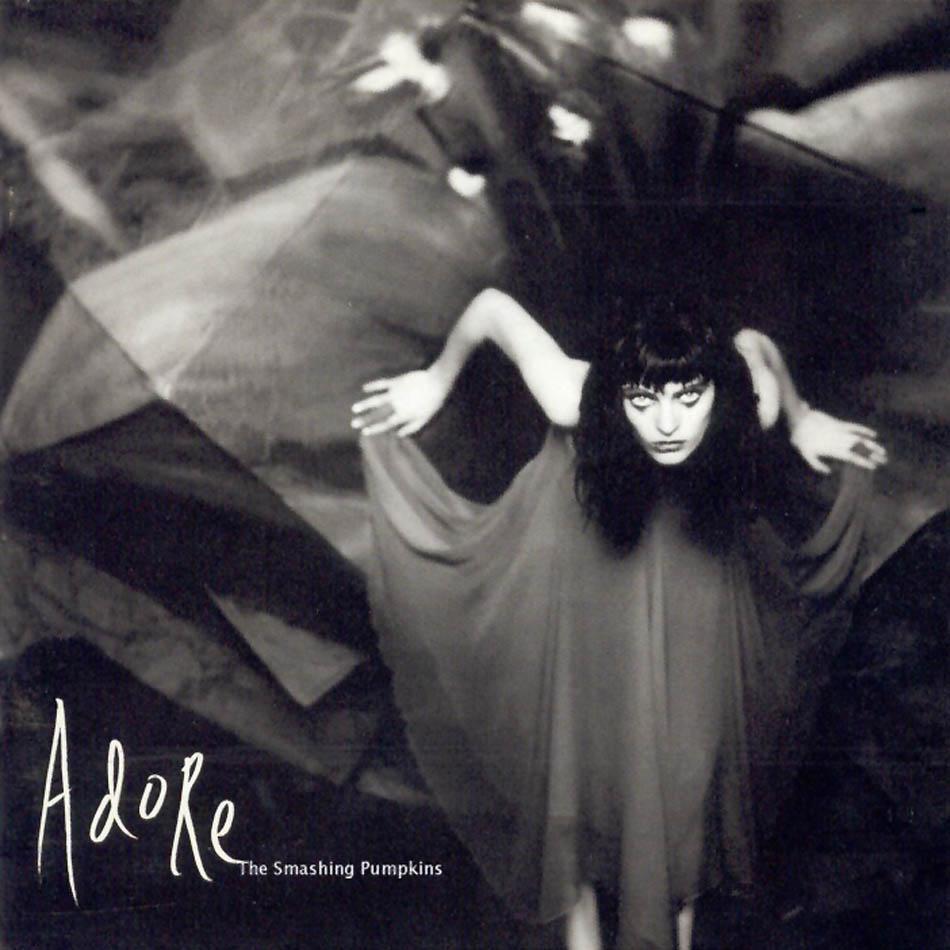Depeche Mode : Black Celebration

They say that the only certainties in life are death and taxes, and hopefully some sex here and there. On Depeche Mode‘s Black Celebration, the band covers two of the three things in life outlined above, though it tends more toward the shadowy aspects of said topics. For all the love and sex out there, there’s that desperation for connection; and for all those reminders of how alive you feel, there’s that cold reminder that nothing’s going to last and that death is everywhere. With all its questions of lust and time, the dozen songs on Black Celebration are the dark clouds that overtake the silver lining. The darkness of the album was something hinted at on Depeche Mode’s previous release, Some Great Reward, but comes to glorious, gloomy fruition here as an artistic achievement that would redefine the band.
The title opener, a model Depeche Mode song if there ever was one, sets the mood for album. It’s dark, it’s sexy and yet you can dance to it. There’s hope in “Black Celebration,” and that hope is in finding a connection with someone else. As for the type of connection, that becomes the subject of most of the other songs on the album. Intimacy turns to urgency on “Fly on the Windscreen,” where in the face of death the song’s narrator demands something physical to help recall the fact that he and the object of his come-hither calls are still alive. “Stripped,” with its percussive motorcycle engine sample, also looks for some sort of physical connection. Whether sinister or sincere—there are shades of a master-and-servant relationship with the demand “Let me see you stripped” as much as there are shades of genuine caring in the plea “Let me hear you / Make decisions / Without your television“—”Stripped” aims at natural form of connection, one spent in the trees and grass rather than an oppressive and cold metropolis.
The pounding, sinister “A Question of Time” is a second-person narrative that can be read as either protective or predatory. On the one hand, the song’s narrator seems to be cautioning an attractive 15-year-old girl about the dirty thoughts on the minds of men who are on the hunt for some not-so-innocent fun. Yet the line “I’ve got to get to you first” makes it sound like the narrator’s eying the prey as well, the words of caution just a sinister ploy for his even more sinister ulterior motives. For some reason when listening to this song I can’t help but think of Telly, the deflowerer extraordinaire from Larry Clark’s Kids, and his sleazy sales pitch when he’s on the prowl.
Apart from the doom and gloom of the subject matter, Black Celebration‘s is also distinguished by the number of songs sung by Martin Gore, the most on any Depeche Mode album. The best of Gore’s ballads is “A Question of Lust,” a delicate song about sex as one of the things that’s keeping a meaningful relationship from crumbling. This is either meant as a stark contrast or a companion piece to another one of the Gore-sung ballads, “World Full of Nothing,” which deals with (presumably) meaningless, perfunctory sex and how “though it’s not love / It means something.” Better that than the nihilism of “It Doesn’t Matter Two” where, if the title doesn’t give it away, all this love and trust stuff doesn’t amount to anything. The other memorable Gore song on the album is the choirboy piano piece “Sometimes” where Gore’s voice trails itself in a way that’s as disorienting as it is pretty.
Black Celebration‘s penultimate song, “New Dress,” breaks from the rest of the album’s obsessions with sex and intimacy and instead takes aim at the media’s fascination with the superficial cult of celebrity. Terrorist attacks, famines and natural disasters are juxtaposed with the no doubt important bit of news, namely that “Princess Di is wearing a new dress.” The song does offer some hope in its circular chorus of ideological dominoes; that if you change facts, which in turn alters point of view and thus influences votes, you can change the world. Then again, this bit of hope may be dashed pretty quick, particularly when you start to question who controls the facts. Damn you, Ben Bagdikian, for making hope ambiguous.
As for the much lighter-in-tone closer “But Not Tonight,” which appeared on the soundtrack for the ladies’ night out flick Modern Girls, the song was originally not going to be included on the album. Had the decision stuck, it would have made “New Dress” the only bit of possible starshine amidst Black Celebration‘s gloomy musings on sex and death. The inclusion of the song, though, lends some much-needed light to the album. Fittingly, the opening lines of “But Not Tonight”—”Oh God it’s raining / But I’m not complaining / It’s filling me up with new life / The stars in the sky / Bring tears to my eyes / They’re lighting my way tonight“—seem to accept and overcome the darkness that’s come before.
The black celebration has come full circle and despite the infidelity or desperate need for intimacy or the barrage of memento mouris, by the time “But Not Tonight” rolls in we’re all just feeling the wind in our hair and enjoying a night that’s made us feel oh so alive. As the lyrics continue, you realize that there’s nothing wrong with feeling alone or lost because listening to Black Celebration is a revelry to wash away that pain. It’s a way to put a smile on your face, no matter how wry, as you look back on another black day. In the end, what else to do? We are, after all, just dancing and singing in the rain.
Label: Mute/Sire
Year: 1986
Similar Albums:




